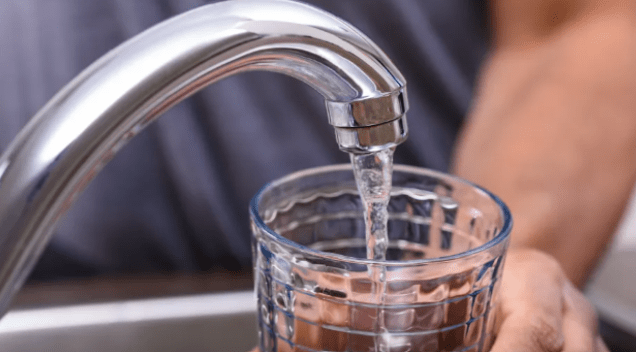AUSTIN (KXAN) — If your water tastes a little off, or it gives off a “chlorine-like” scent, have no fear.
Three different towns in Williamson County are conducting “temporary disinfectant conversion,” including Round Rock, Georgetown and Liberty Hill, according to a spokesperson with the city of Round Rock.
For Round Rock, Georgetown and Liberty Hill, that maintenance began May 27 and will last through June 27.
The city of Round Rock said that the “water will remain safe to drink, bathe and to use for plant watering.”
What is the purpose of the maintenance?
According to the city of Liberty Hill, periodic maintenance is a way to remove “ammonia from the treatment process and disinfects the water with only chlorine, which is more effective than chloramine at overall disinfection.”
“Water authorities nationwide conduct annual disinfectant changes ahead of warmer seasons to reset the system’s disinfection capabilities and free pipes of sediment buildup. Free Chlorine Rinse is a regular system maintenance practice recommended by the Texas Commission on Environmental Quality,” the city said.
The maintenance is called “Free Chlorine Rinse period,” and Liberty Hill said “hydrants will be flushed to help maintain clear water for customers and to ensure the free chlorine reaches the entire water system.”
“The main point is that the water is still good to drink and use for daily uses for residents, but if someone has a sensitivity to the smell or taste of chlorine, they can use carbon filters (they make shower heads and water pitchers with this filter — or, while pricier, a lot of residents use them as part of their water softener systems), or they can also leave water out to let the chlorine smell dissipate before drinking it,” a city of Round Rock spokesperson told KXAN.
What to expect
According to the city of Georgetown, “chlorine odors and a green or brown tint to the water may be noticeable for brief periods.”
Furthermore, the city shared the following advisories for specific groups:
- Dialysis patient, dialysis centers and hospitals: “Special precautions are advised.” Water may be safe for consumption, but if it is used in dialysis machines, they “must be properly treated to remove chemical disinfectants.”
- Fish tanks and aquariums: Water is not safe “during the conversion period due to temporary changes in disinfection treatment.”
- Pool owners: “Pool owners must maintain the same chlorine level in water treated with either free chlorine or chloramines to prevent algae and bacterial growth.” If pool owners have questions, they can contact pool supply stores for more information.
